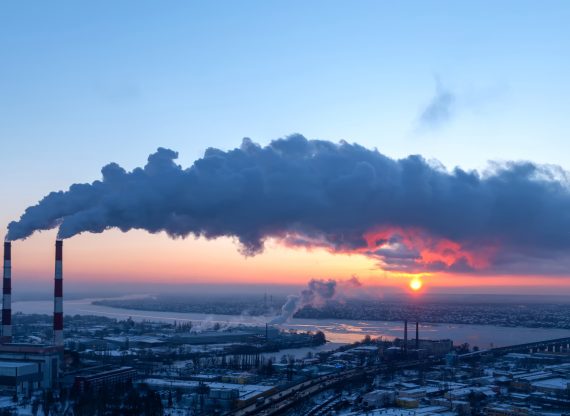Capping the energy sector’s emissions would deprive Canada of over $6.0 billion a year

- Without compensation measures, the economic cost would have been upwards of $32.3 billion.
Montreal, December 7, 2023 – The capping of the energy sector’s emissions, planned by the Trudeau government, will be costly for the Canadian economy and have a negligible impact on the environment, according to a Montreal Economic Institute researcher.
“Each time Ottawa forces the Canadian energy sector to contract, it is foreign producers who win,” says Gabriel Giguère, public policy analyst at the MEI. “Ottawa does not have the means to affect global demand, so reducing local supply will only end up exporting jobs and tax revenues.”
Federal Environment Minister Steven Guilbeault announced today that Ottawa would aim to cap the oil and gas sector’s emissions at 35 to 38 per cent below 2019. However, companies are allowed to purchase carbon credits or contribute to a decarbonization fund, meaning the effective reduction would be between 20 and 23 per cent compared to 2019 levels.
An MEI study published last year devised a methodology calculating the contraction in economic activity that would stem from such a measure. Based on this methodology, MEI estimates this measure would cost Canada’s economy upwards of $6.0 billion per year if fully implemented. These losses represent among other things reductions in wages, local consumption, and tax revenues.
Without compensation measures such as carbon credits and decarbonization funds, the economic cost would have been upwards of $32.3 billion.
The study also notes that the industry has had some success in reducing its emissions, considering that a barrel of oil produced today emits 33 per cent less CO2 equivalent than it did in 1990.
According to Mr. Giguère, the federal government is making a mistake by targeting a specific sector.
“Whether a tonne of CO2 is emitted during the production of a barrel of oil in Alberta, or the manufacture of an automobile in Oshawa, its impact on the climate is the same,” explains Mr. Giguère. “By targeting the Canadian energy sector, the Trudeau government seems to be engaging in an ideological crusade rather than introducing a policy based on the facts.”
* * *
The MEI is an independent public policy think tank with offices in Montreal and Calgary. Through its publications, media appearances, and advisory services to policy-makers, the MEI stimulates public policy debate and reforms based on sound economics and entrepreneurship.
– 30 –
Interview requests
Célia Pinto Moreira
Communications Advisor
Cell: 514 703-0502

